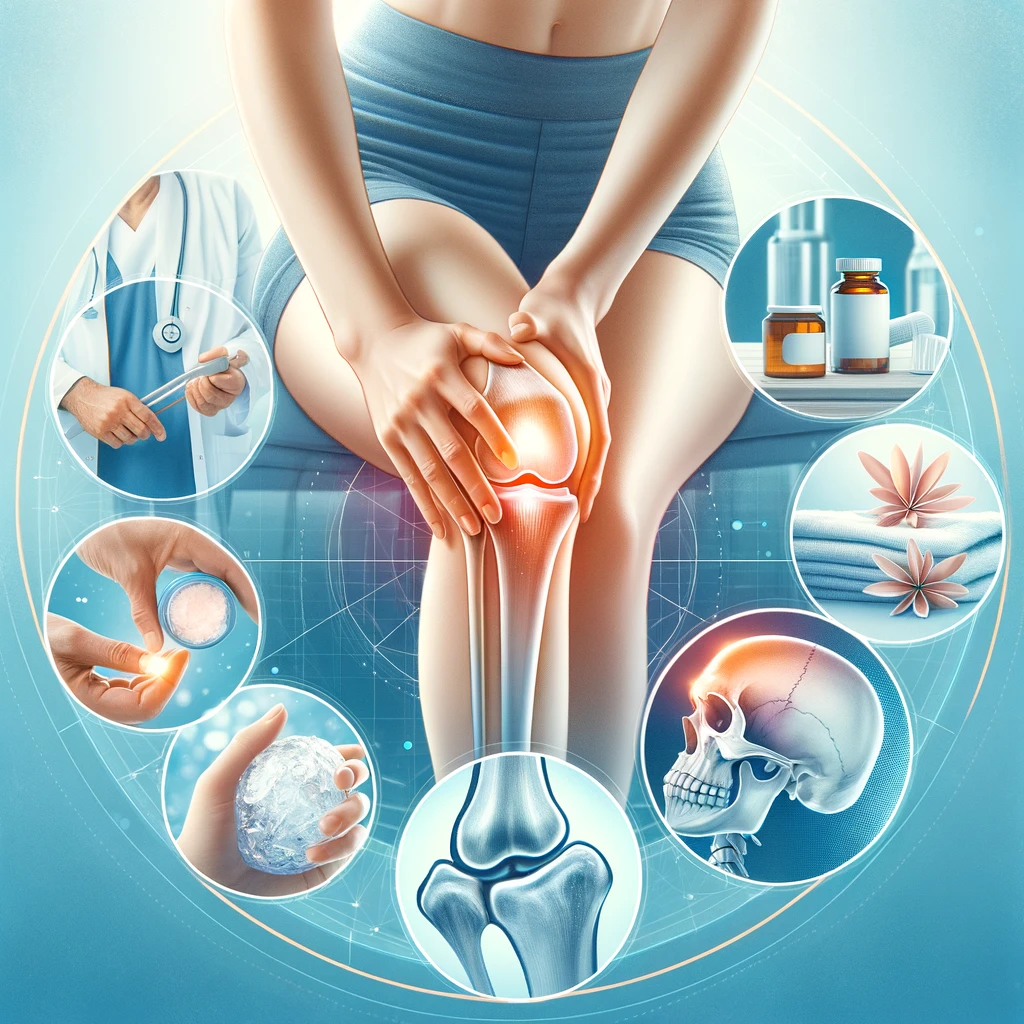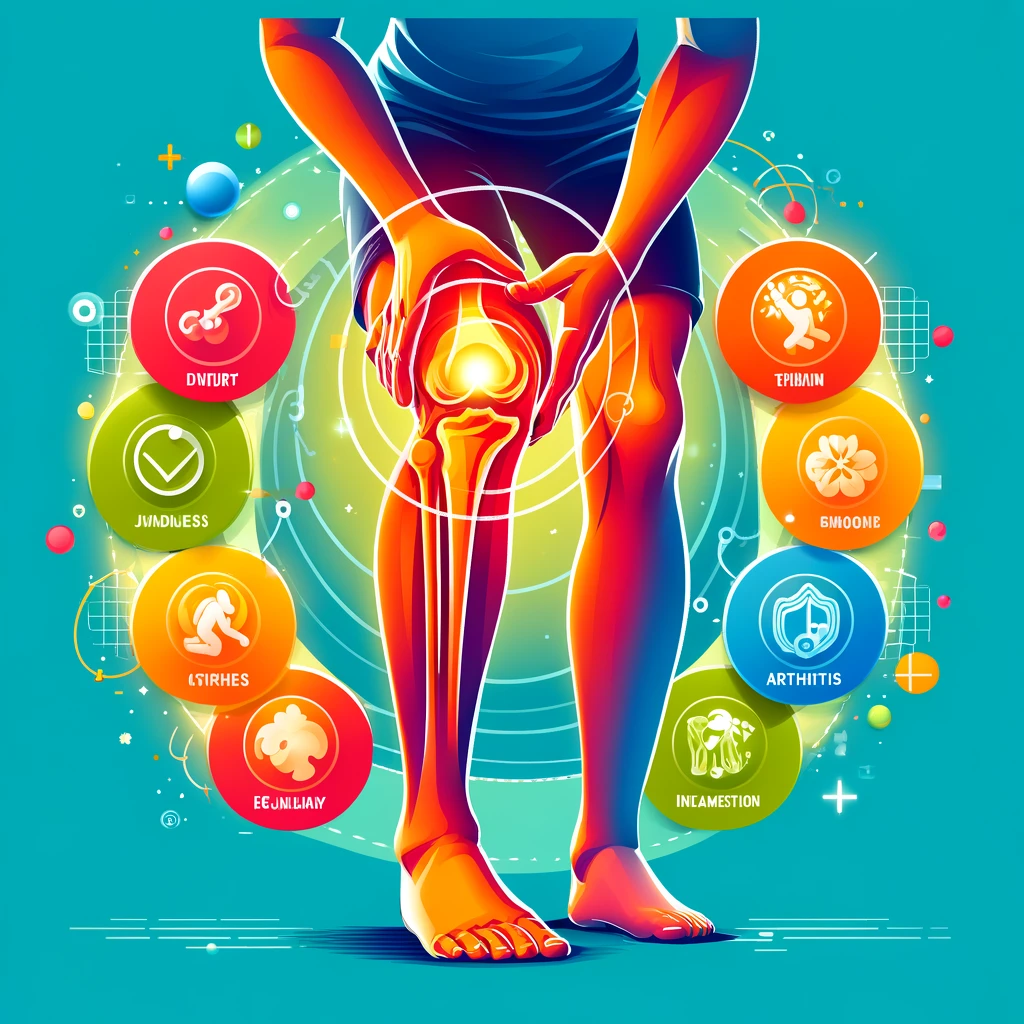
Knee pain is a common complaint that affects people of all ages. It can originate from wear and tear, injury or underlying conditions like arthritis. The pain can be debilitating, but fortunately, there are multiple treatment avenues to explore.
Understanding Knee Pain
Knee pain can stem from a variety of causes such as injuries (ACL, meniscus tears), diseases (arthritis, gout) or chronic conditions (patellar syndromes). Symptoms often include swelling, stiffness, redness and a decreased range of motion, which can severely impact daily activities. It’s crucial to consult a healthcare provider if knee pain is severe, persists beyond a few days, or is accompanied by significant swelling, redness or sensitivity to touch.
Home Remedies for Managing Knee Pain
For mild knee pain, the R.I.C.E. method is often recommended as the first line of treatment. This involves Rest, Ice, Compression, and Elevation. Herbal supplements like turmeric and ginger are also beneficial due to their anti-inflammatory properties. Additionally, simple exercises can strengthen the muscles around the knee, improving stability and function.
Medical Treatments
Over-the-counter medications such as ibuprofen and acetaminophen can relieve pain and inflammation. In more severe cases, doctors may prescribe stronger medications or administer injections like corticosteroids or hyaluronic acid to lubricate the knee joint and reduce pain.
Physical Therapy and Rehabilitation
Physical therapy is crucial for recovery and prevention of future knee issues. A therapist will design a personalized exercise program to enhance strength, flexibility and mobility, ensuring the knee’s proper alignment and functioning.
Surgical Options
When other treatments fail to provide relief, surgery might be an option. Techniques like arthroscopic surgery can repair minor damage, while partial or total knee replacements might be considered for severe cases.
Alternative Therapies
Alternative treatments such as acupuncture, chiropractic adjustments, and hydrotherapy can offer pain relief and improved function in some individuals without the need for drugs or surgery.
Diet and Nutrition
A balanced diet rich in vitamins and minerals supports joint health. Omega-3 fatty acids, found in fish and flaxseeds, can reduce inflammation. Conversely, processed foods and sugars might exacerbate inflammation and should be limited.
Lifestyle Modifications
Maintaining a healthy weight reduces stress on the knee joints. Supportive footwear and knee-friendly activities can also prevent pain from worsening.
Technological Advancements in Treating Knee Pain
Innovations like wearable devices monitor joint movement and can guide rehabilitation. Surgical techniques continue to advance, offering less invasive options with quicker recovery times.
Preventative Measures
Regular exercise tailored to your condition can prevent pain from returning. Routine check-ups help monitor the health of your knees and prevent complications.
Conclusion
Exploring different treatments for knee pain is crucial. Whether it’s through lifestyle changes, medical interventions or alternative therapies, the right combination of treatments can lead to significant improvements.



